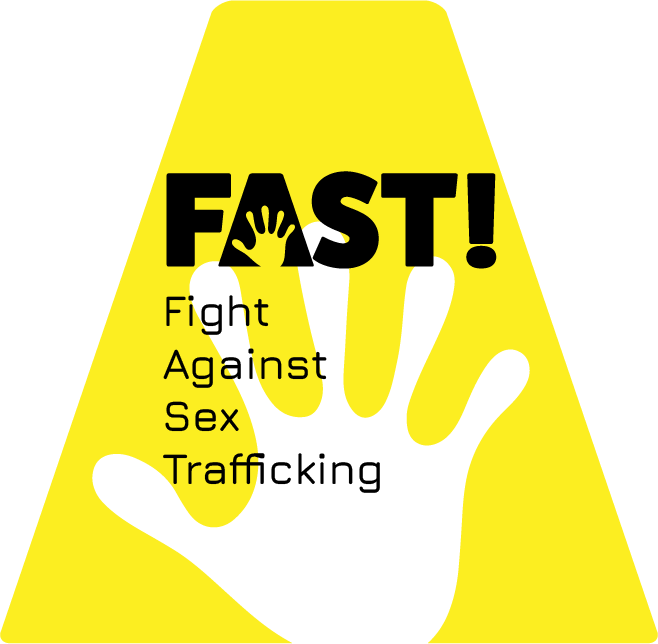Vatican News Human Trafficking Happens in Plain Sight. Human trafficking is a pervasive and insidious crime that often occurs in plain sight, affecting millions worldwide. This reality was underscored again at Talitha Kum’s 2nd General Assembly, where the Vatican News engaged with prominent voices committed to combating this global plague.
Marking 15 years of relentless efforts, Talitha Kum—a network of consecrated life against trafficking—reaffirmed its dedication to strengthening global initiatives and supporting survivors. Headquartered in Rome and under the auspices of the International Union of Superiors General (UISG), Talitha Kum coordinates anti-trafficking efforts through networking, communication, and formation, aligned with the Catholic Church’s social teachings.
77% of those who migrate to the United States are trafficked
Sr. Ann Oestreich, Talitha Kum’s regional representative of North America, addressing a query from Vatican News, highlighted a critical and dangerous trend in the United States: the forced migration of people. “Between 72 and 77% of those who migrate to the United States are trafficked,” she revealed, citing findings from the State Department. The lengthy wait for work authorization—180 days—leaves migrants vulnerable, compelling them to work in conditions ripe for exploitation. This vulnerability is a significant factor that traffickers exploit, perpetuating a cycle of abuse and exploitation.
Africa has unique challenges
In Africa, Vatican News learned from Sr. Angela Nemilaki Kapitingana about the unique challenges faced on the continent. Sr. Angela emphasized the need to recognize the inherent dignity of every person, mirroring Christ’s view, and lamented the forced marriages of girls and women prevalent in certain cultures. “Many women and girls are trafficked for various reasons,” she noted, advocating for their education, empowerment, and access to accurate information. Recalling her first encounter with a trafficked woman, Sr. Angela described the devastating physical and psychological trauma the young mother had endured. “Seeing her body scorched and traumatized was devastating,” she said. Through listening and building mutual trust, Sr. Angela helped the woman reclaim her sense of dignity. “She asked me a question: Am I still a human being? Just by listening, she slowly ‘unfolded’ her story and realized she was truly respected.”
As long as there is a market for forced labor and exploitation, traffickers will continue their heinous trade. Thus, global efforts must focus on both preventive measures and robust support systems for survivors to break this vicious cycle.



